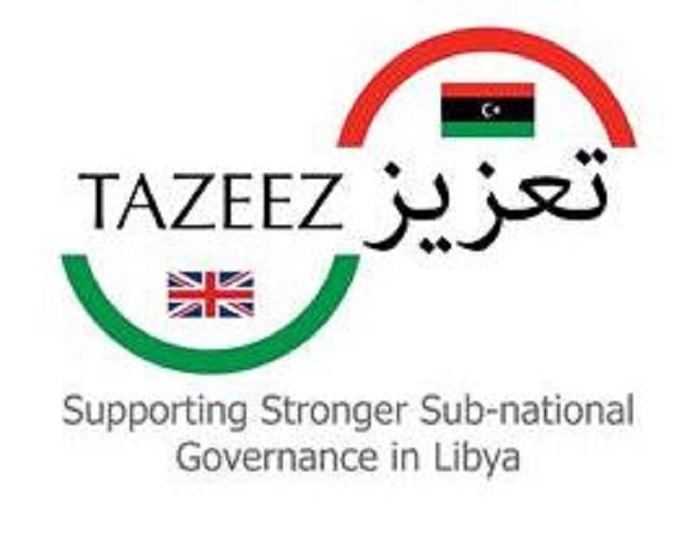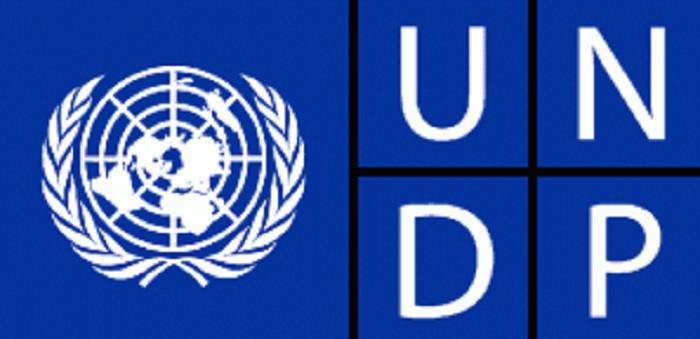Tunisia’s Transition Hits a Rough Patch Following COVID Lockdown

Volatile post-election politics continues to limit the government’s ability to address Tunisians grievances.

Volatile post-election politics continues to limit the government’s ability to address Tunisians grievances.
Niger’s government has extended a state of emergency to the entire region that surrounds the capital Niamey and suspended access to a giraffe reserve where six French aid workers and two Nigeriens were shot dead.

The Spokesman for the Ahrar Al-Jufra Group (Jufra Freedom Group), Mahmoud Ghomais, reported that there have been dubious movements in the Al-Jufra and Sirte areas approximately a week ago, confirming in a television statement, that his group has monitored large and continuous mobilization of Haftar’s militias and Janjaweed mercenaries in the Al-Jufra area.

Turkish-Maltese relations have developed over the issue of Libya recently. Some analysts choose to see this as another example of further EU policy fragmentation – whilst others see Malta as conveniently representing the EU and ensuring EU policy is not totally overlooked. The mention of illegal migration in meetings is seen as evidence of this.

A US delegation headed by National Security Council Senior Director for the Middle East and North Africa, Major General Miguel Correa and Ambassador to Libya, Richard Norland, held virtual meetings with Libyan officials on Friday.

Radio France Internationale (RFI) has confirmed that there are Twitter accounts close to Egyptian authorities saying Cairo has sent a Russian anti-aircraft system to Ras Lanuf in Libya.

Dagvin Anderson, Commander of the US Special Operations Command, Africa, disclosed this during a briefing, saying the group was also expanding to other parts of West Africa.
The U.S. Embassy in Libya reported that its Chargé d’Affaires, Joshua Harris, visited Benghazi yesterday. The visit follows his 28 July visit to Misrata.
The embassy reported that Harris visited Benghazi ‘‘to consult with a range of Libyan officials about achieving a demilitarized solution at Sirte and al-Jufra, enabling the National Oil Corporation (NOC) to resume its vital work nationwide, and seizing the opportunity presented by UN-facilitated dialogue to finalize a lasting ceasefire and roadmap for the withdrawal of all foreign forces and mercenaries’’.

The UK Government and the Tripoli-based Government of Libya have signed a Memorandum of Understanding (MoU) to strengthen joint collaboration efforts to enhance the capacity of sub-national government in Libya to deliver essential services, Crown Agents reported.

Italy has increased its contribution to the Policing and Security Joint Programme (PSJP) initiative in Libya by Euro 1.3 million, the UNDP reported last week.